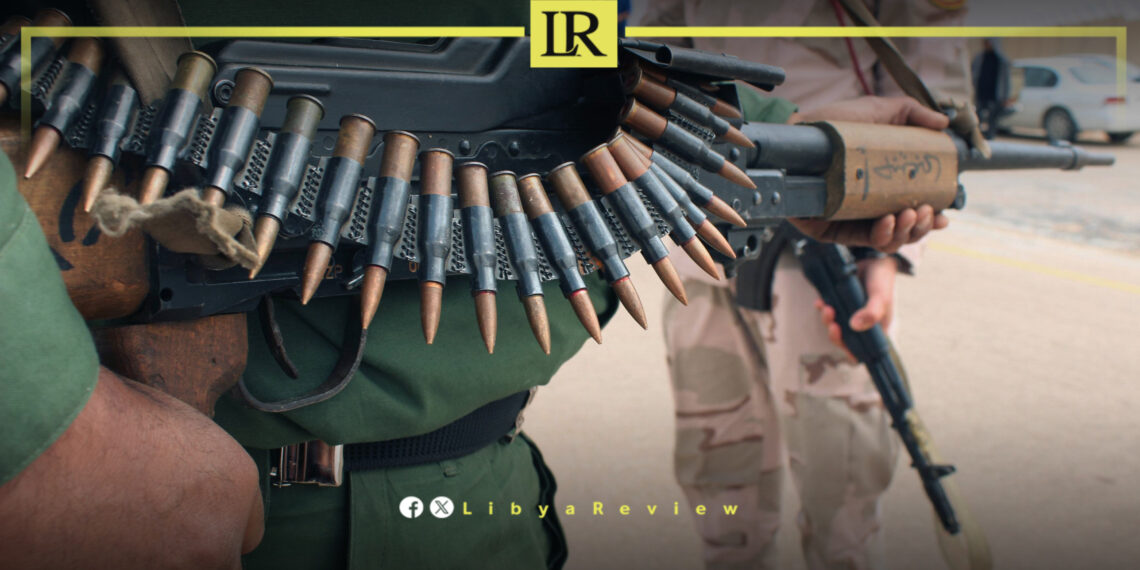A new report by the Conflict Armament Research (CAR) group, funded by the European Union, reveals that only 7 percent of the weapons circulating in Africa’s Sahel region originate from Libya, despite years of assumptions linking Libyan arms stockpiles to the region’s instability.
The study, published Monday, shows that although weapons spread significantly following the fall of Muammar Gaddafi’s regime in 2011, most arms now in the hands of militant groups in the Sahel are much older, often decades old, and were largely diverted from the stockpiles of regional armies.
The report points out that the flow of Libyan weapons toward critical hotspots like the tri-border area between Mali, Burkina Faso, and Niger — known as the Liptako-Gourma region — remains limited. Weapons that did arrive from Libya were sold in local black markets rather than transferred in large organized shipments.
According to Claudio Grammizzi, the West Africa operations director at CAR, while Libyan arms initially fueled some trafficking networks, that supply dried up quickly due to diminishing Libyan stockpiles and the deterioration of Libya’s internal security following its civil war beginning in 2015.
The Sahel region, particularly the Liptako-Gourma zone, has seen a surge in violence over the past decade. Armed non-state groups, including Al-Qaeda affiliates and Islamic State branches, have exploited weak security structures to expand their operations, fueling mass displacement and humanitarian crises.
Research by CAR also revealed that a substantial share of weapons now used by extremist groups were originally supplied to national armies in the region, then later seized or abandoned during attacks. Approximately one-quarter of the arms captured from militants in the Sahel were previously held by government forces in Mali, Burkina Faso, and Niger.
Out of more than 700 weapons analyzed between 2015 and 2023, the overwhelming majority — roughly 80 percent — were military-grade arms such as assault rifles, grenade launchers, and mortars. Most weapons originated from China, Russia, or Eastern Europe, and about 65 percent were manufactured between the 1960s and 1980s.
The study concludes that although Libya played a role in arms proliferation after 2011, the current dynamics of the Sahel’s illicit arms trade are now primarily driven by regional factors: battlefield losses, looting of state armories, and deeply entrenched black-market networks.


